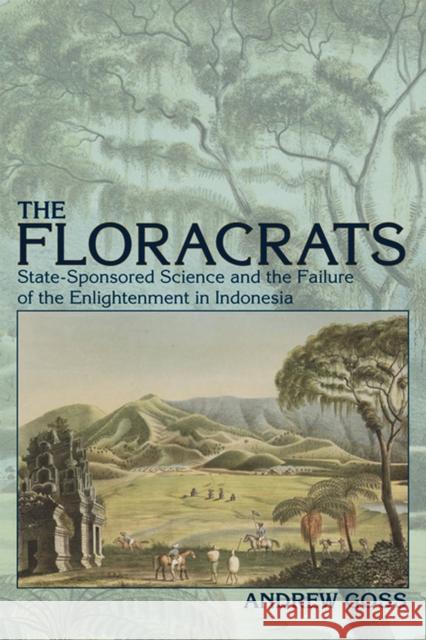Floracrats: State-Sponsored Science and the Failure of the Enlightenment in Indonesia » książka
Floracrats: State-Sponsored Science and the Failure of the Enlightenment in Indonesia
ISBN-13: 9780299248642 / Angielski / Miękka / 2011 / 264 str.
Floracrats: State-Sponsored Science and the Failure of the Enlightenment in Indonesia
ISBN-13: 9780299248642 / Angielski / Miękka / 2011 / 264 str.
(netto: 97,31 VAT: 5%)
Najniższa cena z 30 dni: 96,51
ok. 30 dni roboczych
Bez gwarancji dostawy przed świętami
Darmowa dostawa!
Situated along the line that divides the rich ecologies of Asia and Australia, the Indonesian archipelago is a hotbed for scientific exploration, and scientists from around the world have made key discoveries there. But why do the names of Indonesia's own scientists rarely appear in the annals of scientific history? In "The Floracrats" Andrew Goss examines the professional lives of Indonesian naturalists and biologists, to show what happens to science when a powerful state becomes its greatest, and indeed only, patron. With only one purse to pay for research, Indonesia's scientists followed a state agenda focused mainly on exploiting the country's most valuable natural resources--above all its major export crops: quinine, sugar, coffee, tea, rubber, and indigo. The result was a class of botanic bureaucrats that Goss dubs the "floracrats." Drawing on archives and oral histories, he shows how these scientists strove for the Enlightenment ideal of objective, universal, and useful knowledge, even as they betrayed that ideal by failing to share scientific knowledge with the general public. With each chapter, Goss details the phases of power and the personalities in Indonesia that have struggled with this dilemma, from the early colonial era, through independence, to the modern Indonesian state. Goss shows just how limiting dependence on an all-powerful state can be for a scientific community, no matter how idealistic its individual scientists may be.











